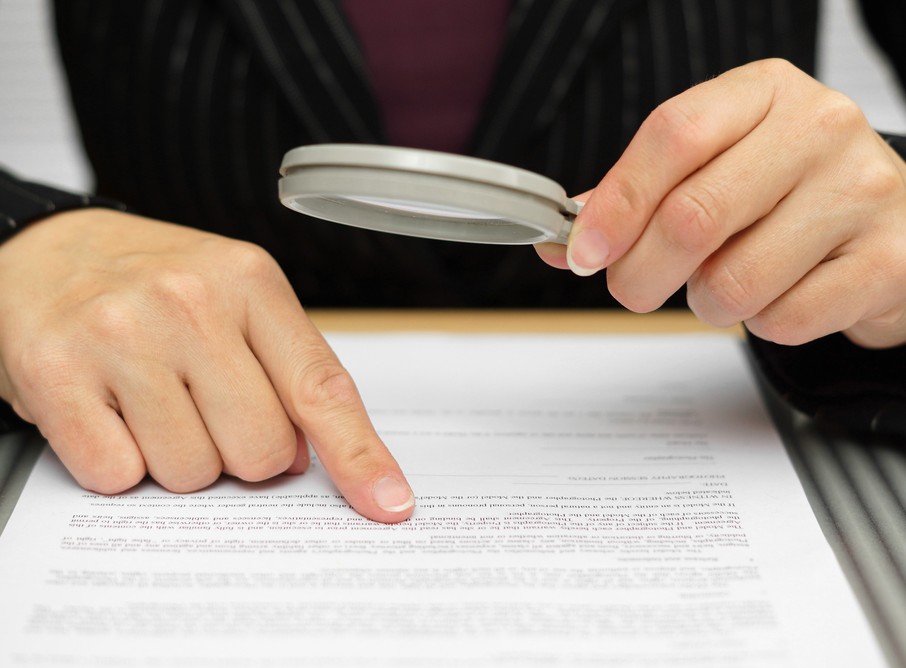How can you gain access to the accounts of a bankrupt company?
What if you want to pursue a liability claim against the director of a bankrupt company (or the person actually running the company), but the receiver won’t give you access to the company’s accounts?
Just imagine that one of your customers or suppliers goes bust in the midst of a business transaction. Even though you’ve already paid them (or bought goods on their behalf), the receiver does not reckon that the director of the company in question is liable for the debt and refuses to hold him or her liable. There’s a sizeable amount of money involved, so you engage a lawyer to bring a claim against the director. This claim may be based on the argument, for example, that the director signed a contract with you, even though he or she was aware – or should have been aware – that their company would not be able to discharge their part of the contract and that there would be no opportunity for recovering the loss. In order to substantiate your claim, though, you need to have access to the company’s accounts. What if the receiver disagrees with you and refuses to give you access? What should you do?
Right to inspect someone else’s accounts
There is no general duty under Dutch law to allow someone else to inspect your accounts. Under the Dutch Civil Code, the creditors in a bankruptcy are, however, entitled to pursue a claim for the disclosure of the bankrupt company’s accounts, documents and other media, provided that they have a ‘direct and sufficient interest’ in the documents in question.
The Dutch Supreme Court recently made a ruling on this matter. A creditor is deemed to have a ‘direct and sufficient interest’ as referred to in the Civil Code if the creditor wishes to inspect the bankrupt company’s accounts in order to determine certain aspects of its claim, such as the amount involved, or the nature or substance of the claim.
However, this does not apply if the creditor wishes to inspect the accounts in order to bring a claim against a third party, such as a director or former director or the person actually running the company.
So how can you gain access to the accounts of a bankrupt company?
Article 843 (a) of the Code of Civil Procedure allows you to gain access to a bankrupt company’s accounts if you wish to hold the company’s director or former director, or the person actually running the company, liable for a debt. These are the principal requirements you need to meet:
- you should be pursuing a lawful interest;
- you must wish to obtain certain specific, precisely defined documents;
- the documents must have a direct bearing on the relationship between your company (or its legal predecessor, as the case may be) and the owner or holder of the documents;
- you must pay for the cost of obtaining the documents.
However, even this article does not give you the right to access documents that you believe the party in question might have in its possession and might be able to help you pursue your claim. Similarly, there is no obligation to release the documents if there is no pressing reason for doing so, and also if it is reasonable to assume that you would still be able to obtain proper justice even without gaining access to the documents in question.
So – how can you gain access to a bankrupt company’s accounts?
Any request to gain access to a bankrupt company’s accounts with the object of pressing a liability claim against the director or the person actually running the company must be worded extremely carefully. It’s not just a matter of choosing the right legal terminology. It’s also about opening an effective channel of communication with the receiver. Thanks to their experience as receivers, our insolvency lawyers have a good instinct for the type of approach that works best. Feel free to get in touch with us!





